Chemical Engineering Graduate Programs 2024-25
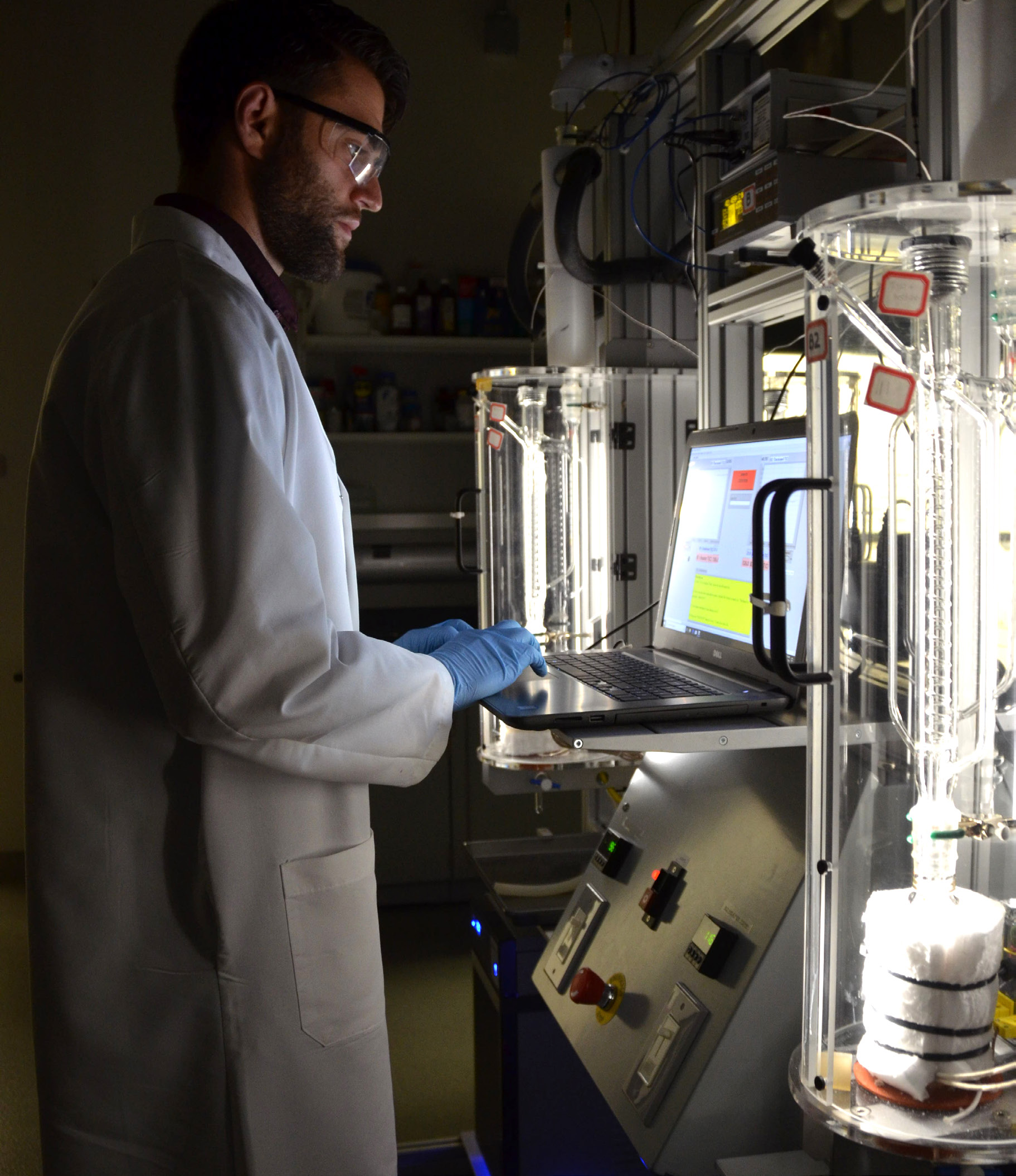
Chemical Engineering Graduate Programs
FUNDING OPPORTUNITIES
The majority of KU Engineering graduate students are funded through a combination of graduate research or teaching assistantships, fellowships and scholarships. More details at Research Funding
PRIOITY DEADLINES
Jan. 5 for Fall AdmissionOct. 1 for Spring Admission
A VIBRANT CITY
Lawrence, a historic city of about 100,000 in northeast Kansas, is known for its eclectic arts and culture scene. Massachusetts Street — the heart of downtown Lawrence — is just a short walk from campus.

CONTACT US! —
THE UNIVERSITY OF KANSAS SCHOOL OF ENGINEERING
Department of Chemical & Petroleum Engineering
1530 W. 15th St.
Learned Hall, Room 4132
Lawrence, KS 66045
785-864-4965
cpe@ku.edu
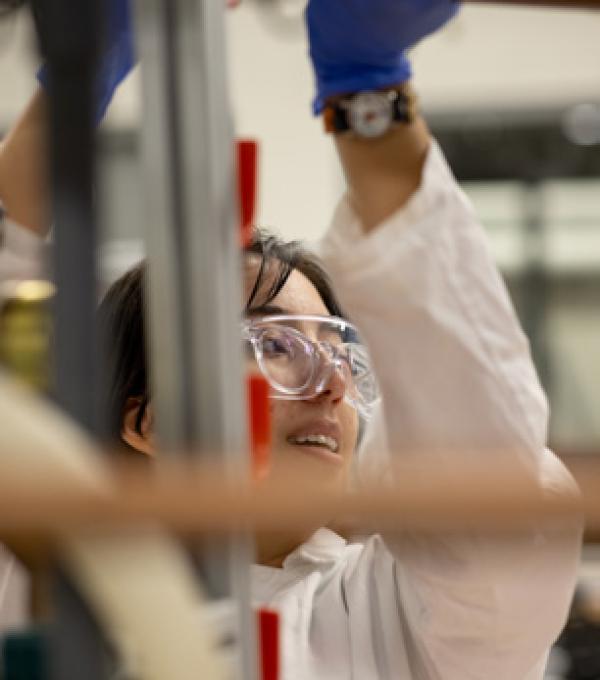

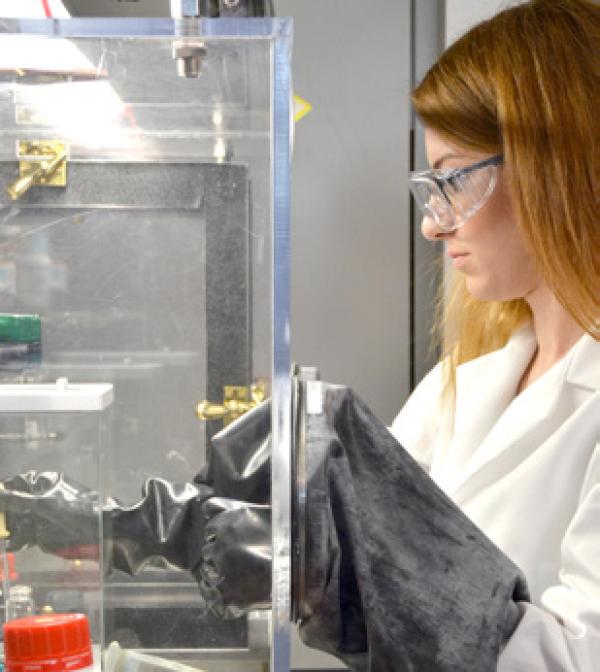
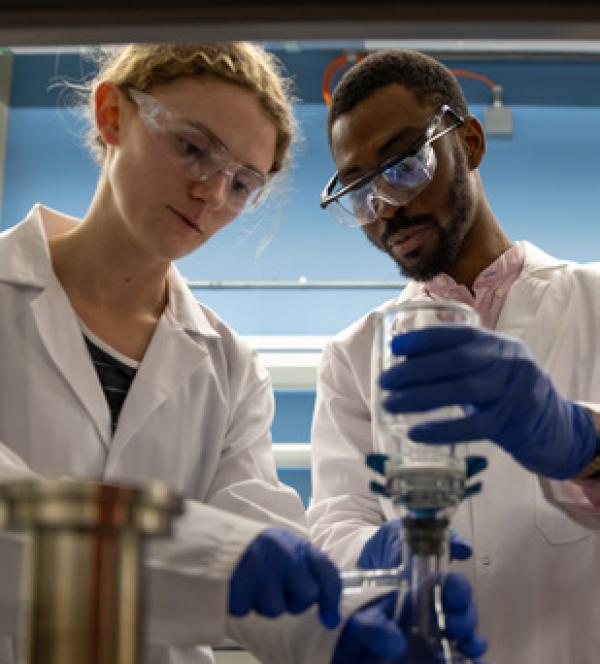
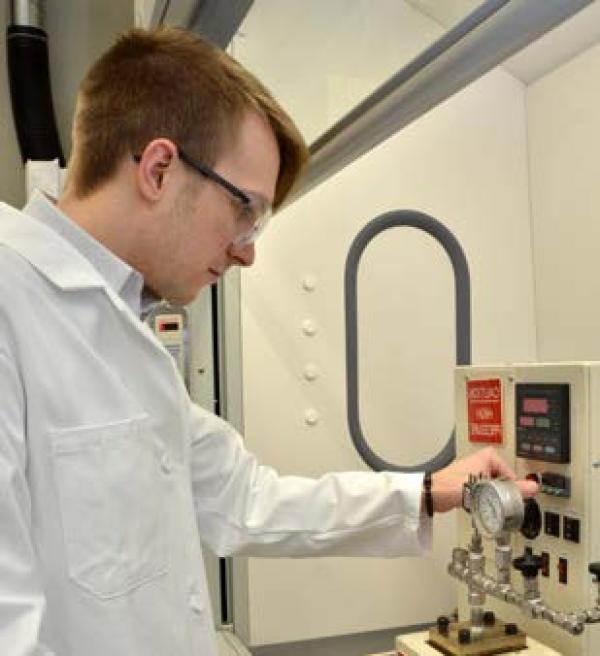
OVERVIEW
Transformative research in areas such as catalysis, sustainable engineering, biomedical and biomaterials engineering, and process optimization are hallmarks of the Department of Chemical & Petroleum Engineering. Graduate students work on projects with researchers from multidisciplinary teams focused on developing sustainable solutions to global challenges including climate change, clean water, immunotherapy and novel drug delivery.
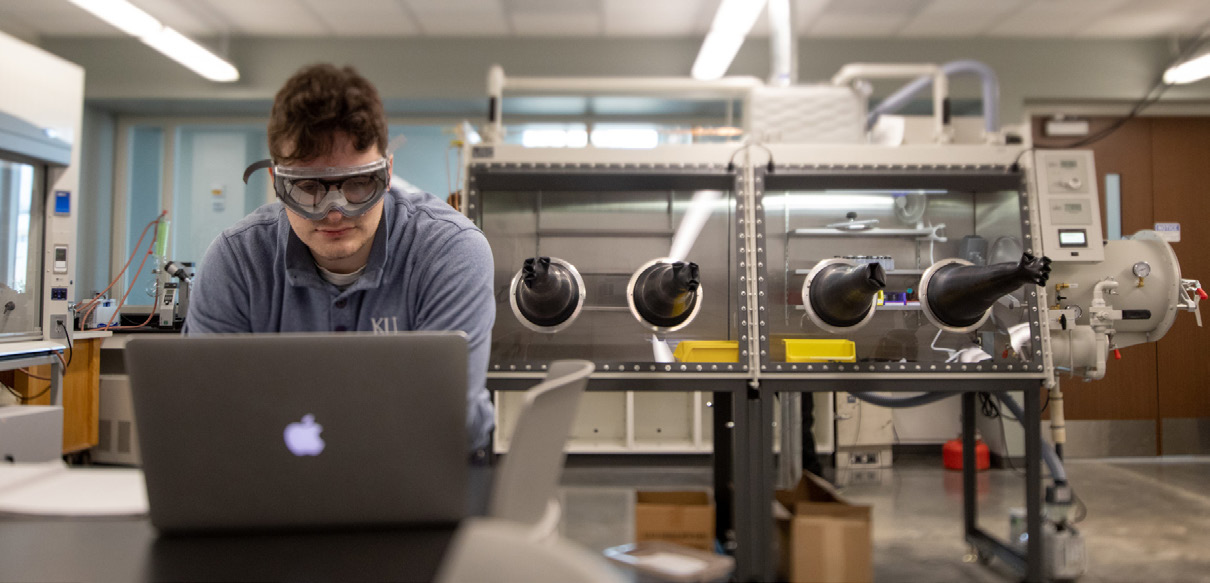
DEGREES OFFERED
- Doctor of Philosophy in Chemical and Petroleum Engineering (Ph.D.)
- Master of Science in Chemical Engineering (M.S.)
GRADUATE CERTIFICATE
Applied Machine Learning for Chemists and Engineers
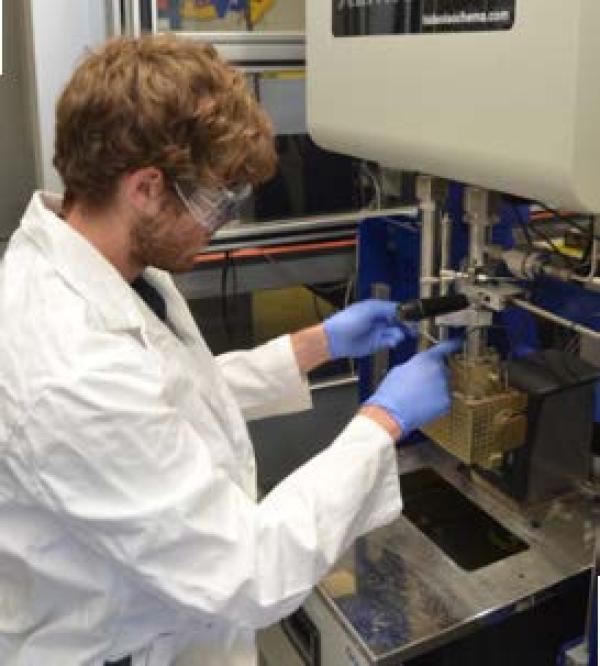
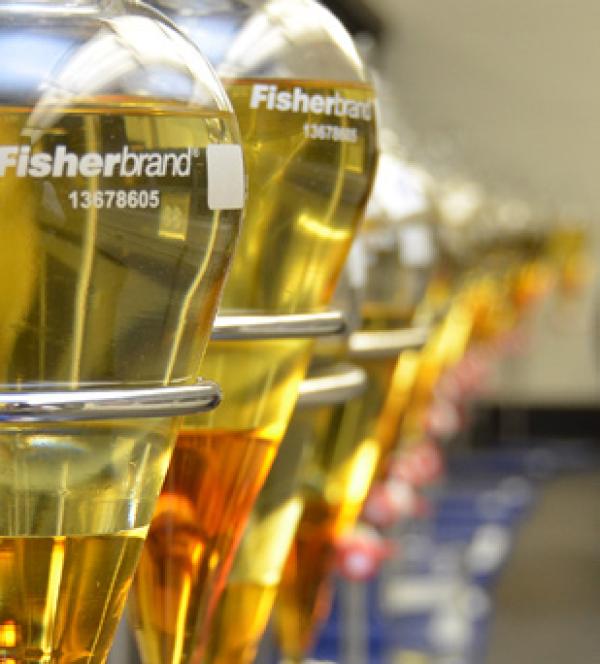
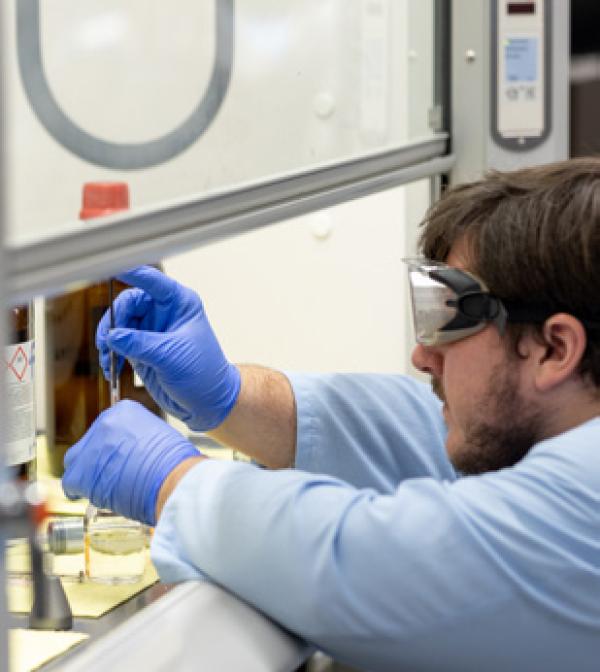
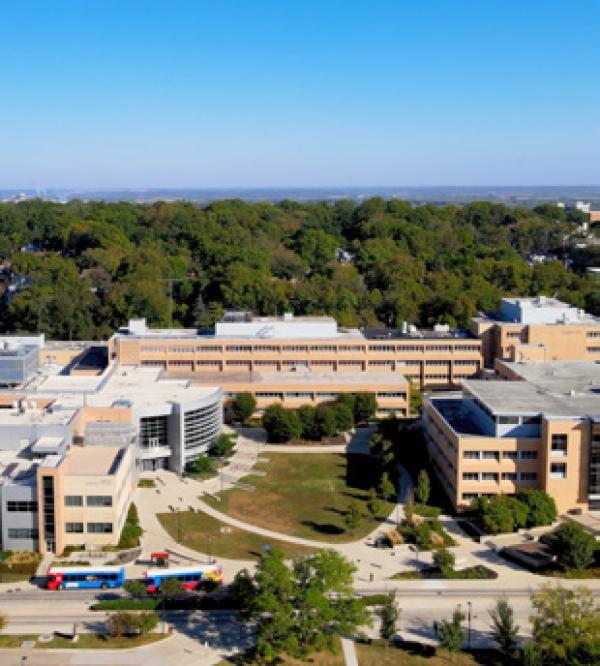
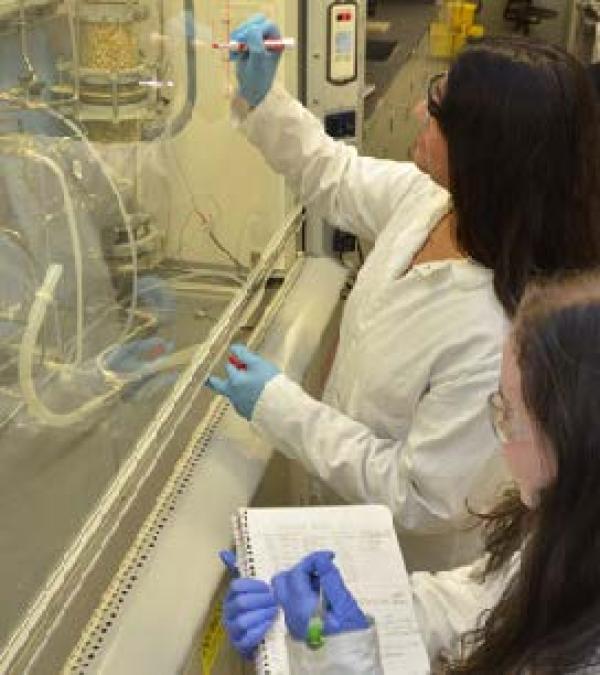
WORLD-CLASS RESEARCH
Center for Environmentally Beneficial Catalysis (CEBC)
Researchers at CEBC develop cost-competitive chemical manufacturing processes that prevent waste and conserve natural resources. CEBC’s internationally recognized faculty members offer a novel mix of expertise in developing catalytic processes with an industry-focused approach.
Biomedical and Bioengineering
Researchers from multidisciplinary backgrounds in chemistry, chemical engineering and bioengineering work with pharmaceutical scientists and medical professionals to design novel biomaterials, therapeutic formulations and drug delivery devices and to develop a molecular understanding of disease to benefit human health.
Energy and Energy Storage
Chemical engineering faculty have expertise in energy storage, fuel cells and flow batteries. Applications include large-scale energy storage for renewable sources like wind and solar, and conversion of biomass, specializing in the thermochemical conversion of algae and other organic materials.
KU is one of only 38 public institutions in the United States designated a top research university in North America by the Association of American Universities.